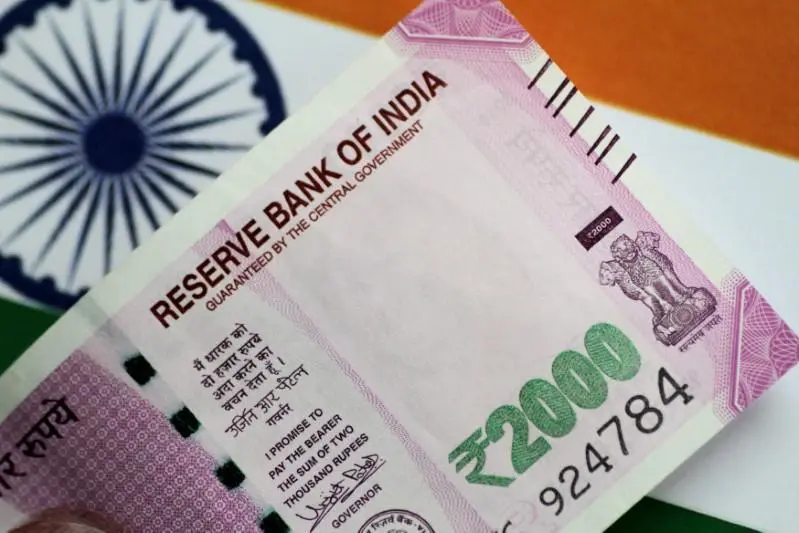PHOTO
India's non-banking financial companies (NBFCs) should be mindful of their underwriting practices and risks emerging from lending concentrated in one segment, a top central bank official said on Friday.
"In pursuance of high growth, there seems to be tendency among the NBFCs to get the customers on board with oversimplified underwriting processes," Reserve Bank of India Deputy Governor Rajeshwar Rao said at an event in Mumbai.
"While the ease and convenience for a borrower is very important, this should not come at the cost of underwriting standards."
NBFCs must focus on maintaining the quality of their loan portfolio, the official said.
He also cautioned non-bank lenders about the risk that emerges from businesses concentrated in only one segment, such as consumer loans.
"It is in their self-interest that entities should consider these risks and we expect that Boards are having a pulse on such issues," Rao said.
Technology-related risks are also rising and NBFCs should have adequate checks and balances in place, the central bank deputy said.
Commenting specifically on peer-to-peer (P2P) lenders, Rao said the regulator has noticed practices that are not in line with the rules.
"NBFC-P2Ps have been observed to underplay the risks through various means such as promising high/ assured returns, structuring the transactions, providing anytime fund recall facilities, etc," he said.
"Let me make it absolutely clear that any breach of licensing conditions and regulatory guidelines is non-acceptable."
In December, Reuters reported that central bank inspections across P2P lenders had thrown up malpractices, including marketing of products as an alternative to fixed deposits.
On Friday, the central banker also cautioned micro lenders, who lend to lower income segments, and said that some of them have increased "margins disproportionately".
"We are not oblivious to the misuse of the freedom provided to the microfinance sector and irresponsible practices would compel us to act," Rao said.
(Reporting by Ira Dugal; Editing by Mrigank Dhaniwala)





















